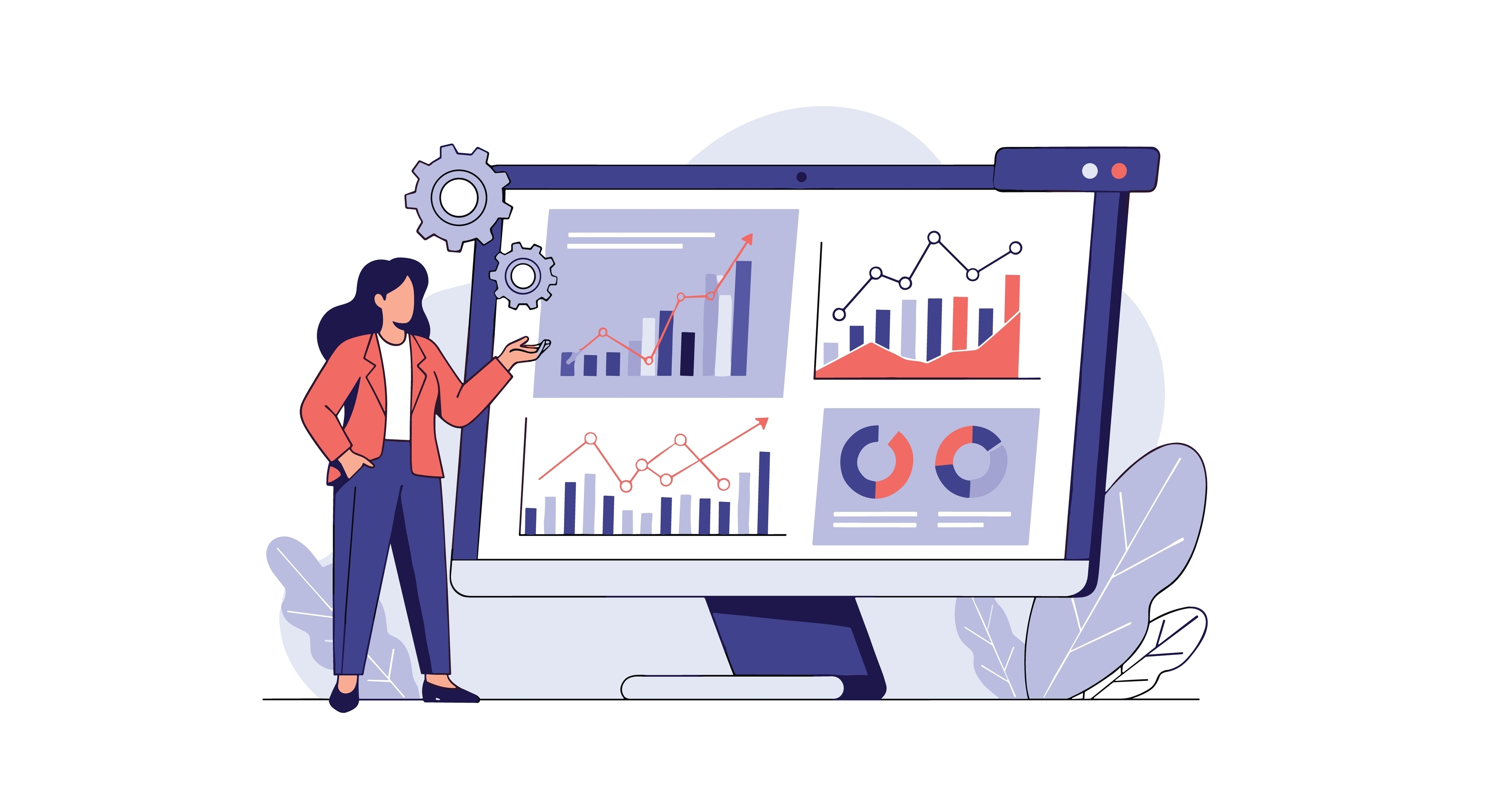Ideas Post
4 Economic Lessons to Elevate Your Digital Marketing Game
Having success at a Digital Marketing Agency starts with understanding underlying economics principles including opportunity cost, incentives, bias, and brands.

Digital marketing is a complex role that involves carefully budgeting and strategizing for advertising, optimizing for search engine optimization, balancing a social media schedule, and organizing email marketing campaigns. Fast-paced in nature, it is often difficult to take a step back and reflect on the larger picture. Many ingredients create a successful Digital Marketer, but perhaps none are more important than having a fundamental understanding of the underlying economic principles at play. Here are 4 key economic principles that drive digital marketing success:
The Relationship Between Time and Money
Perhaps one of the most fundamental lessons of economics is to understand the opportunity cost of money. In essence, this is understanding how valuable your time is and how to use it. What do you lose or miss out on because of your actions? The opportunity cost of money is especially crucial when considering a long-term strategy. If you plan on putting all of your money in a few keywords in a Google Search campaign, there is an enormous opportunity cost. How many other campaigns could you create with the same time and resources to produce better results? Understanding and considering the economic relationship between time (all of your options) and money helps Digital Marketers consider all options to create balanced and creative strategies.
Incentives and How They Affect Sales
Understanding the economic principles of incentives, their benefits, and their unexpected consequences can help you avoid pitfalls and grow brands. An incentive at its most simple level is an offer that motivates someone. To stand out from the competition, companies often offer discounts that encourage consumers/clients to take action to pursue that company’s product/service. However, let’s say you have the goal of establishing a company’s reputation as a luxury brand by putting ad dollars toward marketing expensive products with large discounts. While you may incentivize people to buy your products more, ultimately large discounts can cut against your image as a luxury brand. This can have long-term negative consequences on future strategies you create and drive your brand into the ground.
Bias and its Impact on Sales
This is perhaps the most difficult part of the job of a Digital Marketer. Everyone carries some degree of bias with them every day. Two types of biases that can be especially damaging in marketing are confirmation bias and recency bias. Confirmation bias explains the phenomenon of people believing facts more when they’re corroborative. Meanwhile, recency bias, explains when people incorrectly use short-term recent events as an explicative of a larger trend. When reviewing analytics, these two biases come into play the most. For example, let’s say ad clicks for a Google Search Campaign fell by 20% over the past 6 months. This past month, the Digital Marketer shifted money away from a few keywords, and ad clicks suddenly increased by 10%. Digital Marketers may be biased (confirmation and recency) to believe that they are on the right track to solving the issue. They might simply ignore the previous 6 months of worrying data. In actuality, the 10% increase can result from any number of factors (seasonality, macroeconomic trends, etc.). Understanding economics helps you consider these other factors, weigh them against your bias and plan the best course of action in your digital marketing strategy.
Brand Power and Signals
Perhaps most importantly, economics most closely ties together the principle of signaling with the value of brand power. Establishing a powerful brand means establishing consistency in the products and/or services you offer. To a potential consumer or client, a good brand is a signal (an indicator of information) of that trust and familiarity. In economics, you learn the power of signals and how to leverage them. For example, if you take a risk and signal your services with SEO keywords like “dog pampering” and “premium pet spa” and you haven’t established a luxury brand presence, the inconsistency can drive away business. Keywords, pricing, and design are all tools for brand signals and are fundamental to digital marketing. Using this economic understanding of signals and applying it toward digital marketing, you can meet the brand where it’s at by taking the right level of calculated risks in elevating your brand. Digital marketing as a role can be complex. To help you see the picture, we have boiled down these 4 key tenets of economics to help guide you. Follow these and you are headed down a path of success:
- The Relationship Between Time and Money
- Incentives and How They Affect Sales
- Bias and its Impact on Sales
- Brand Power and Signals
Let's build a tribe together
Ideas, Ideas, Ideas
Featured Work
We don’t just deliver - we make a difference.
Here’s a look at some of our most impactful branding, web, and campaign work. These aren’t just projects - they’re proof of what’s possible when bold ideas meet the right tribe.











.gif)
